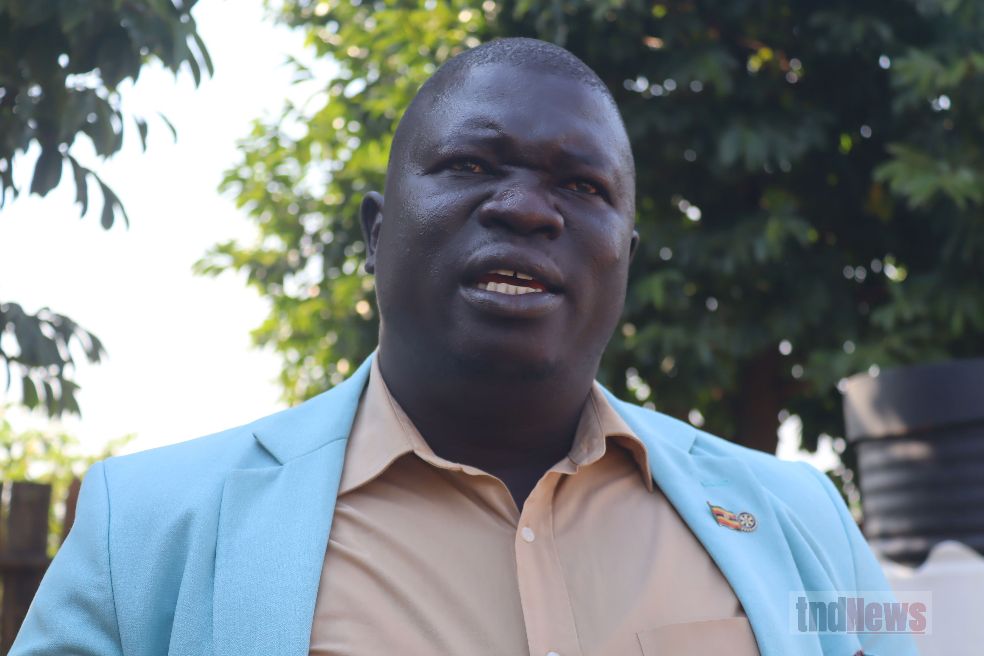The Ugandan population, about 75% youthful, will be a critical factor in determining the outcome of the January 12th, 2026, Presidential and Parliamentary elections.
It’s thus imperative to note that about 95% of these youth were born during the post-NRA bush war of 1986 that brought President Yoweri Museveni Kaguta and his comrades to power. Most of them, if not all, have not known any other government than the NRM.
The majority are educated but unemployed, which makes them susceptible to manipulation in any tense political season.
Ideological vs materialism
The recently concluded NRM primaries that climax with the delegates conference marks a sharp line of departure in the way the NRM has always conducted in elections.
Critical to note is the shift in ideological thinking to a narrower base materialistic tendency which poses a threat to cadre identification, mentorship and grooming thus affecting the quality of leadership that ultimately emerges to address the governance challenges the country faces.
The use of money became a critical factor in determining critical positions, especially at the decision-making level of the party (Central Executive Committee). The choice for the National Vice Chairperson – Northern Uganda.
When the results for the Vice Chairperson – Northern Region were announced, a renowned political actor within the NRM party – The Rt. Hon. Dan Fred Kidega came a distant third in the race – a result that shocked many but did not surprise any critical observer of the trend the NRM party primary electoral processes had taken over the last two months.
The Rt. Hon. Dan, a seasoned politician, former Speaker of the East African Legislative Assembly who contested for the position of NRM Vice Chairperson Northern Uganda, despite his impressive leadership journey that spanned 3 decades received a paltry 658 votes (12.3%) against an eventual winner Hon. Denis Hamson Obua 3,591 votes (67%).
A quick analysis and reflection show that the extensive and extravagant use of money was the main driving force for securing this electoral outcome, and this trend has been evolving over the last three electoral cycles.
In Uganda’s current political climate, money has been extensively used to fuel and secure electoral successes against other parameters for credible leadership – integrity, experiences, transformative and service delivery.
Read the full analysis here.

